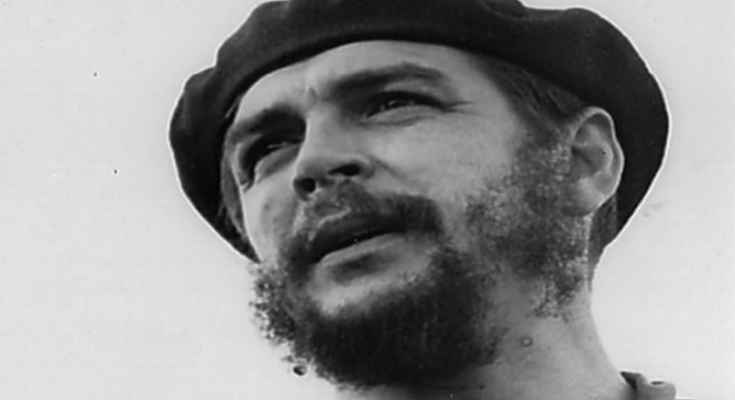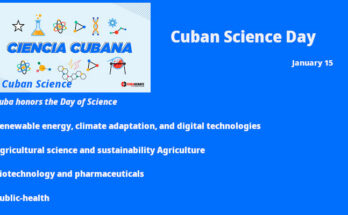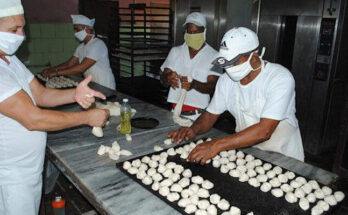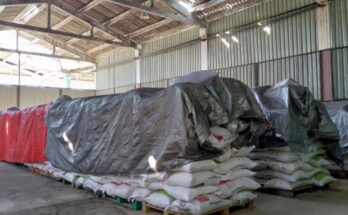Ernesto Che Guevara, besides being a great guerrilla fighter, was a tenacious student of economic matters, to the point of making important contributions to the Cuban Revolution in this area.
Unfortunately, on many occasions, when he is remembered, no reference is made to this aspect of his ideas, even though his conceptions on the economic construction of socialism were fundamental from the beginning of our Revolution, coinciding with the essential concepts of Fidel in this field and of an everlasting conceptual value.
For all these reasons, it is very important to review some aspects of what constitute his core ideas on the Political Economy of socialism, especially when for some comrades, the solutions to the current problems lie in opening the way to the market and reducing the role of the State in the economy.
From the very triumph of January 1959, Ché assumed a series of responsibilities in the economic sphere, which led him to occupy positions in the direction of the Department of Industrialization of INRA, the Presidency of the National Bank of Cuba and finally as Minister of Industries, starting in 1961. In all these positions he developed an intense work, but, above all, he showed us the importance of dedicating time to studies even in the midst of the most complex responsibilities, as Fidel would also do throughout his life.
Che was an extraordinary man in many ways, but his perseverance in the study of economic issues in particular was exemplary. In this way, he was engaged in the study of Capital with Anastasio Mansilla, a Spanish-Soviet professor considered an authority in the knowledge of Marx’s work; he studied mathematics applied to economics with Salvador Vilaseca, an outstanding Cuban university professor and devoted himself to investigate what at that time were still almost unknown sciences in Cuba in the 1960s, such as linear programming and the incipient development of computing.
There is an enormous teaching and example in this if we take into account that this whole process of gestation of Che’s ideas also took place in the midst of multiple polemics in the socialist camp. [1]
Indeed, between 1960 and 1965 profound economic reforms were taking place in the European socialist countries, which increasingly proclaimed the need to develop the market in the conditions of socialism, but with a vision, where in the positions that were being assumed in the face of the inadequacies of the current management system, the possible improvement of planning and the role of the human being in the construction of socialism were being discarded.
Che and his international contacts
Ché had a deep knowledge of the issues being discussed and in the debate that developed around them, also participated scientists who were very familiar with the reforms in Europe and who exposed their points of view incorporating them to the discussion in Cuba, where they were invited by Ché. Such was the case of Charles Bettelheim, a French Marxist and defender of economic calculation, or Ernest Mandel, a Belgian economist, Trotskyist in those years, who presented very different criteria in relation to these issues. Also participating were prominent leftist thinkers such as Paul Baran and Paul Sweezy from the United States, and other Latin American economists, who in one way or another contributed to the debate advocated by Che and whose works were published in Cuba during those years. [2]
As already noted, it was not an ideal situation for the development of these discussions, but Che’s concerns about the theory that should preside over the revolutionary transformations prevailed, in the midst of the political and economic situation that Cuba went through in the early 1960s. It was the time when sectarianism surfaced in 1962, the Second Agrarian Reform was carried out in 1963 from the process of class struggle in the countryside; the Fight Against Bandits itself, which would last from 1961 to 1965 with an enormous cost for the country -which suffered losses of hundreds of lives and expenditures of around one billion dollars in those 5 years-, without forgetting the enormous tensions provoked by the October Crisis in 1962.
All those processes were affecting the Cuban reality, so developing in that context an economic debate that went from the conceptual to the practical effects, was really a very big effort for those years and Ché carried it out with great discipline and honesty, convinced of the importance of Political Economy in the construction of socialism.
(To be continued)
[1] Other reforms undertaken in the 1960s in the cases of Yugoslavia and China did not offer valid solutions for the development of socialist ideas either. See by José Luis Rodríguez “El derrumbe del socialismo en Europa” Editorial de Ciencias Sociales, Havana, 2016, chapters I and II.
[2] A synthesis of the various positions taken in those debates can be found in the book “El Gran Debate sobre la Economía en Cuba 1963-1964” Editorial de Ciencias Sociales, Havana, 2004.




